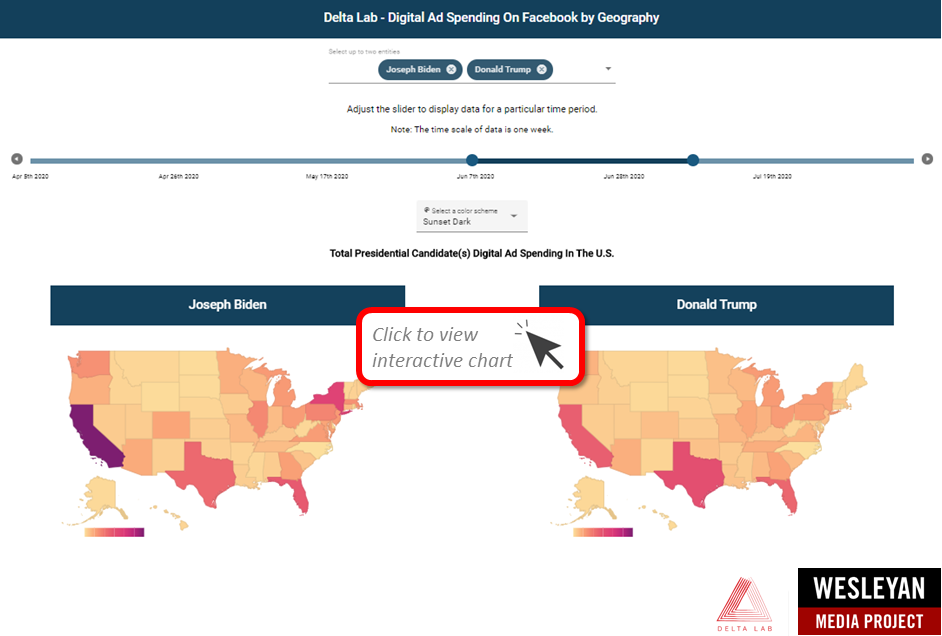By Ori Cantwell ‘22, Dale Ross ‘22, Emma Tuhabonye ‘23
Abortion has emerged as a key polarizing issue for voters over the last few decades. Attitudes toward abortion predict voters’ decisions across levels of government––presidential, congressional, gubernatorial, lower offices––making abortion a matter of issue ownership for political parties (Jelen & Wilcox, 2003). Since the pro-life movement gained political traction in the 1980s, media attention on pro-choice vs. anti-abortion interest groups has consistently (a) linked the groups to distinct parties and (b) amplified party-specific positions in the mind of the American electorate (Carmines & Wagner, 2010). As such, pro-choice has become synonymous with the Democratic Party and anti-abortion with the Republican Party. In addition, long-term exposure to Facebook political advertisements about abortion and women’s healthcare may impact voter turnout in competitive congressional districts, particularly among women voters (Haenschen, 2022). The national conversation on abortion has become increasingly heated in the past election cycle, and abortion will only become a bigger issue when the Supreme Court rules on modifications to 1973’s landmark Roe v. Wade case during the upcoming 2022 midterm election cycle (Hulse, 2021).


